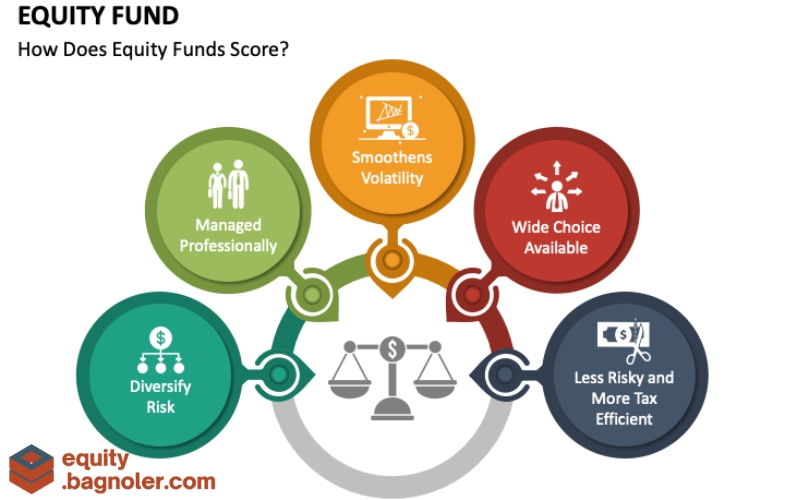One of the most important factors that investors need to understand is equity capital, also known as owner’s capital. This is one of the basic components that helps form investment strategies, playing a major role in asset allocation and capital structure of enterprises. To better understand this capital flow, we will explore the basic concepts, importance and applications of equity in investment decisions and business development.
WHAT IS EQUITY CAPITAL FLOW?
Equity capital is the source of capital that a company raises through the issuance of shares or ownership from investors. Unlike loans or debt, owner’s capital does not require the company to pay periodic interest. Instead, shareholders who hold equity in a company share in the profits (or losses) and have a say in the company’s major decisions.
Stocks are the main way to issue equity. When a company issues stock, investors buy it and become shareholders of that company. Each share represents a portion of ownership in the company, and its value can change depending on the company’s performance and market factors.

EQUITY CLASSIFICATIONS
There are two main types of equity in a company: common equity and preferred equity.
Common equity: This is the basic type of stock that companies issue to raise capital. Common stock holders have voting rights at shareholder meetings and are entitled to receive dividends, if the company decides to pay them. However, if the company runs into financial difficulties, common shareholders will receive payments after the debts and preferred shareholders are paid.
Preferred Equity: Preferred shareholders do not have voting rights, but they are entitled to receive dividends before common shareholders and have an advantage in payment when the company is dissolved. Therefore, preferred shares can be an attractive option for investors looking for income stability.
THE IMPORTANCE OF EQUITY
Equity plays an essential role in providing capital for companies to grow and expand. It is the main source of funding that helps businesses maintain sustainable growth without having to take on additional debt. When businesses raise capital through issuing shares, they can increase their financial capacity without worrying about debt payments.
Equity capital also helps reduce financial risk, especially for startups. Investors who invest in a company do not require immediate repayment of debt, but instead expect to receive profits from holding shares in the company. This allows startups to have enough financial space to develop and implement long-term projects without facing immediate financial burdens.
EQUITY AND RISK MANAGEMENT
One of the important features of equity capital is the ability to share risk among shareholders. When companies issue shares, they share financial risks with shareholders. This can help businesses have a more flexible source of capital during difficult times, because if the company encounters financial problems, shareholders will share the loss instead of the company having to pay off debts.
In addition, equity capital also helps reduce the risk of default. When a company is unable to pay its debts, equity financing does not require periodic repayment. This gives the company more time to recover and adjust its business strategy without having to worry about being forced to pay its debts.
APPLICATION OF EQUITY CAPITAL FLOW IN INVESTMENT
For investors, investing in equity can bring many high-profit opportunities, but it also has many potential risks. Buying shares of a company is a way for investors to participate in the development of that business. Investors expect that the company will grow strongly and the stock price will increase over time.
One of the reasons why investors choose equity capital is the ability to increase asset value through stock growth. However, this is also a strategy with a high level of risk, because stock value can fluctuate strongly and is unstable. If the company does not operate well or encounters difficulties, the stock price can fall sharply, causing losses to investors.
However, equitys capital also gives investors the right to participate in the management decisions of the company. This means that if an investor owns a large number of shares, they can influence the company’s important strategic decisions, such as market expansion, organizational structure changes, or leadership selection.
CONCLUSION
In short, equitys capital plays an extremely important role in financial and investment activities. This is an important source of finance to help businesses develop without having to bear the burden of debt. Besides, it also brings high profit opportunities to investors, although it comes with risks that need to be carefully considered. Understanding the operating mechanism and application of this capital will help investors make more informed and effective investment decisions.
